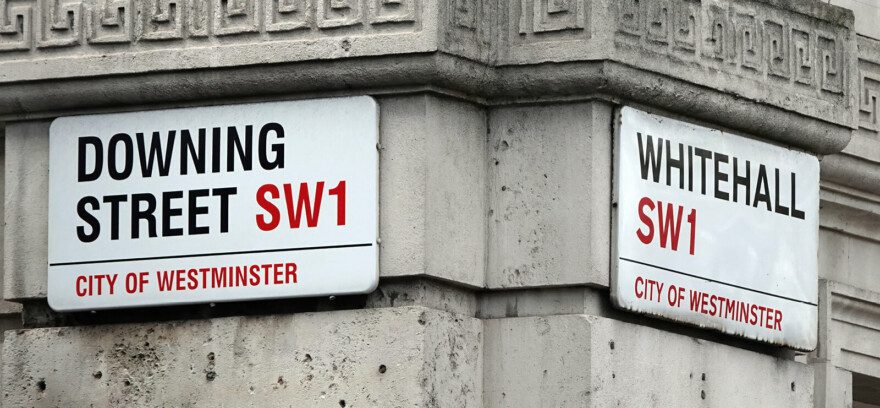UK markets pulled back this week with the FTSE 100 Index falling by 1% to trade at 7,485 points at the time of writing.
Renewed concerns of a global recession and fears regarding the pace of interest rate rises to combat inflation continued to weigh on sentiment.
UK Chancellor Jeremy Hunt will launch a major reform of the UK’s financial sector later today, with plans to rip up red tape and replace a number of EU regulations. Mr Hunt said the changes will turbocharge growth as the country struggles with a sluggish economy and a cost of living crisis.
The British pound rose above $1.22, growing confidence that the UK is getting its spending and borrowing fiscal plans back in check. Another key driver for the rise in the pound has been prospects of a slowdown in the Federal Reserve’s aggressive policy tightening and concerns about the health of the US economy. Bank of England governor Andrew Bailey warned markets that tightening expectations are now overdone, with the UK economy falling into a likely two-year recession.
Commodity Markets
In the commodity markets, Brent crude futures traded around $77 per barrel on Friday and are set to end the week sharply lower as renewed recession fears grippled financial markets. The international oil benchmark is down 10% so far this week, having been pressured by economic fears as a chorus of top executives in the US sounded the alarm on a potential recession next year.
Meanwhile, investors welcomed the easing of Covid restrictions in China sparking hopes of a wider economic reopening that could boost demand from the world’s top crude importer.
The shutdown of the Keystone Pipeline also added to the highly uncertain oil supply, whilst investors are still assessing the impact of the latest sanctions on Russian oil.
Gold rose above $1,790 an ounce on Friday, benefiting mainly from the dollar’s weakness as investors cautiously awaited key US inflation data and the Federal Reserve’s policy decision next week.
The US producer price data due for release later today and the consumer price data scheduled for next week could shed light on the state of inflation and influence longer-term expectations for monetary policy.
US Equity Markets
US equity futures rose on Friday as investors looked ahead to the US PPI report. In regular trading on Thursday the S&P 500 rose 0.75%, whilst the Dow Jones Industrial Average and the Nasdaq Composite gained 0.55% and 1.13% respectively.
Investors now await the Federal Reserve’s last monetary policy meeting of the year, in which the central bank is expected to deliver a smaller 0.5% interest rate hike.
Initial US jobs claims increased again last week, suggesting demand for work could be cooling amid tighter financial conditions.
The average rate on a 30-year US fixed mortgage decreased for a fourth consecutive week to 6.33% due to increasing concerns over lacklustre economic growth. This was the lowest rate since mid-September, compared to 6.49% in the previous week, according to a survey of lenders by mortgage giant Freddie Mac. While the decline in rates has been large homebuyer sentiment remains low, with no major positive reaction in purchased demand due to the lower rates.
The information provided in this communication is not advice or a personal recommendation, and you should not make any investment decisions on the basis of it. If you are unsure of whether an investment is right for you, please seek advice. If you choose to invest, your capital may be at risk and the value of an investment may fall as well as rise in value, so you could get back less than you originally invested.
